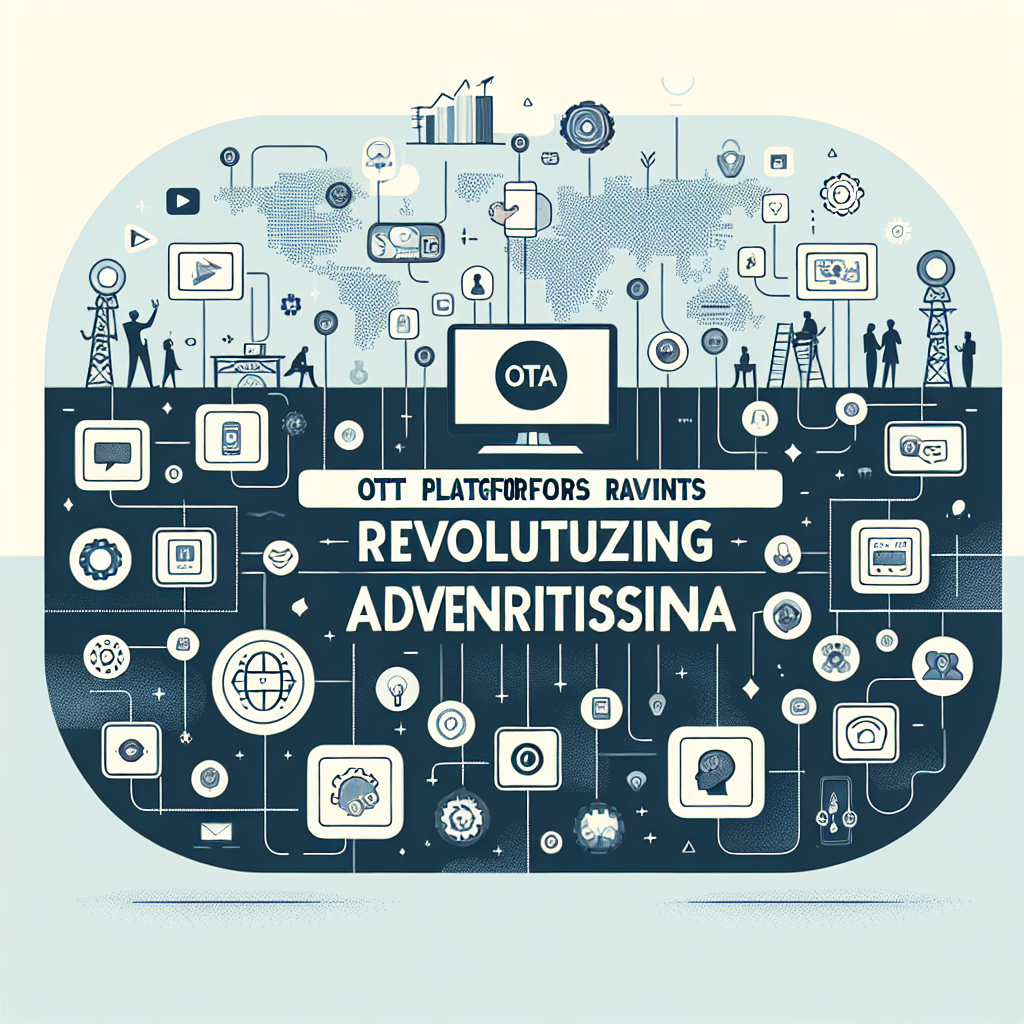Gen Z's Relationship with Brands
Elena, a consumer insights manager at a sustainable fashion company, was puzzled by their latest brand study results. Despite having strong environmental credentials and competitive pricing, their brand struggled to connect with Gen Z consumers. During focus groups, she discovered that Gen Z participants didn't just want to buy sustainable products; they wanted to collaborate in creating them, influence their design, and see their values reflected in every aspect of the brand's operations. One participant remarked that they remembered a competitor's inconsistent messaging from two years ago and still refused to purchase from them. This conversation revealed that Gen Z had fundamentally redefined brand relationships from transactional exchanges to collaborative partnerships based on shared values and mutual accountability.
This insight highlighted the emergence of a new consumer paradigm where brands must earn ongoing validation through consistent action rather than building loyalty through traditional marketing approaches, requiring fundamental shifts in how companies approach consumer relationships and brand authenticity.
Introduction
Generation Z, representing over 2.5 billion consumers globally, has fundamentally transformed the brand-consumer relationship dynamic. Unlike previous generations who primarily engaged with brands through purchase decisions, Gen Z demands collaborative partnerships that extend far beyond transactional exchanges. This generation expects brands to serve as platforms for co-creation, vehicles for value expression, and partners in addressing societal challenges.
Research from the Global Consumer Insights Institute indicates that 73% of Gen Z consumers are willing to pay premium prices for brands that demonstrate authentic value alignment, while 68% actively research brand histories before making purchase decisions. This generation's approach to brand relationships combines heightened ethical expectations with unprecedented access to information about corporate behavior and decision-making processes.
The implications for brand strategy are profound. Traditional approaches focused on awareness building and purchase conversion must evolve to encompass ongoing value demonstration, collaborative engagement, and transparent communication. Success with Gen Z requires brands to view consumers as partners in brand development rather than passive recipients of marketing messages.
1. Wants Co-Creation, Not Just Consumption
Gen Z's expectation for co-creation represents a fundamental shift from passive consumption to active participation in brand development. This generation has grown up with user-generated content platforms, collaborative gaming environments, and social media ecosystems that blur the line between creator and consumer. They naturally expect similar collaborative opportunities with brands.
Successful co-creation initiatives extend beyond simple feedback collection to genuine partnership in product development, brand messaging, and business direction. This involves creating systematic opportunities for consumer input throughout the brand development process, from initial concept exploration through final product execution. Brands achieving high Gen Z engagement rates typically involve consumers in 40-60% of their major brand decisions.
The psychology behind co-creation demand stems from Gen Z's desire for agency and impact in their interactions with institutions. Having grown up during periods of significant social and economic uncertainty, this generation seeks control and influence in their relationships with brands. Co-creation provides the sense of ownership and investment that traditional consumption models cannot deliver.
Technology platforms have evolved to support sophisticated co-creation experiences, from design collaboration tools to community voting systems. Brands leveraging these technologies effectively create ongoing engagement loops where consumer input directly influences brand development, creating investment and loyalty that extends far beyond single purchase transactions.
2. Seeks Ethical Alignment
Ethical alignment has become a prerequisite for Gen Z brand relationships, with 79% of this generation reporting that brand values significantly influence their purchase decisions. This goes beyond simple corporate social responsibility to require deep integration of ethical considerations into core business operations and decision-making processes.
Gen Z's approach to ethical evaluation is sophisticated and comprehensive, examining supply chain practices, employee treatment, environmental impact, and social positioning. This generation has access to unprecedented information about corporate behavior and actively researches brands before making purchase decisions. They expect brands to demonstrate consistent ethical behavior across all operations, not just in marketing communications.
The challenge for brands lies in the complexity of ethical alignment expectations. Gen Z consumers often hold nuanced views on social issues that require careful navigation and authentic engagement rather than generic corporate statements. Successful brands invest heavily in understanding their Gen Z communities' specific ethical priorities and develop authentic responses that demonstrate genuine commitment rather than performative gestures.
Ethical alignment also requires long-term consistency in brand behavior. Gen Z consumers closely monitor brands for ethical consistency over time, quickly identifying and responding to perceived hypocrisy or inconsistency. This creates pressure for brands to develop robust ethical frameworks that can guide decision-making across all business areas.
3. Strong Memory for Brand Hypocrisy
Gen Z's relationship with brands includes an unprecedented capacity for remembering and responding to perceived brand hypocrisy. This generation has grown up with constant access to information and social media platforms that amplify and preserve brand inconsistencies, creating permanent records of corporate behavior that influence long-term brand perception.
The phenomenon of brand hypocrisy memory stems from Gen Z's heightened sensitivity to authenticity and consistency. Having been exposed to sophisticated marketing techniques from an early age, this generation has developed advanced capabilities for detecting inauthentic brand behavior. They quickly identify disconnects between brand messaging and actual business practices, often sharing these discoveries across social networks.
Social media platforms have created mechanisms for preserving and sharing brand inconsistencies, from screenshot collections to dedicated accounts that track corporate behavior over time. This creates a permanent record of brand actions that extends far beyond traditional marketing cycles, requiring brands to maintain consistent behavior over extended periods.
The business implications of brand hypocrisy memory are significant. Research indicates that Gen Z consumers who identify brand inconsistencies are 3.4 times more likely to share negative experiences with their networks and 2.8 times less likely to make future purchases. Recovery from perceived hypocrisy requires extensive authentic action over time, making prevention through consistent ethical behavior crucial.
Case Study: Patagonia's Authentic Brand Partnership
Patagonia exemplifies successful Gen Z brand relationship management through their authentic integration of environmental activism into core business operations. Their approach demonstrates how brands can build genuine partnerships with Gen Z consumers through consistent value demonstration and meaningful co-creation opportunities.
The brand's "Don't Buy This Jacket" campaign, which encouraged consumers to consider the environmental impact of purchases, initially appeared counterintuitive but resonated deeply with Gen Z values around authentic environmental commitment. The campaign generated over 89 million social media interactions and resulted in a 27% increase in brand consideration among Gen Z consumers.
Patagonia's success stems from their integration of consumer values into business operations rather than marketing communications alone. Their Worn Wear program actively encourages customers to repair rather than replace products, while their Action Works platform enables customers to participate in environmental activism. These initiatives create genuine co-creation opportunities that align with Gen Z expectations for meaningful brand partnership.
The long-term results demonstrate the value of authentic brand relationship building. Patagonia maintains 84% brand loyalty among Gen Z consumers, significantly higher than industry averages, while achieving premium pricing that reflects the value consumers place on authentic ethical alignment. Their approach proves that genuine value alignment creates sustainable competitive advantages in Gen Z markets.
Conclusion
Gen Z's redefinition of brand relationships from transactional exchanges to collaborative partnerships requires fundamental shifts in brand strategy and operations. Success with this generation demands authentic integration of consumer values into business operations, systematic co-creation opportunities, and consistent ethical behavior across all brand touchpoints.
The future belongs to brands that can evolve from product sellers to value-aligned partners, creating ongoing collaborative relationships that extend far beyond purchase transactions. This requires significant investment in understanding Gen Z values, developing co-creation capabilities, and maintaining ethical consistency over time.
Call to Action
Brand leaders should begin by conducting comprehensive audits of their current brand behavior consistency and developing systematic approaches to Gen Z value alignment. Establish co-creation frameworks that provide genuine opportunities for consumer partnership in brand development, while implementing robust ethical frameworks that guide decision-making across all business areas. The key is moving beyond marketing communications to integrate Gen Z values into core business operations and strategic planning processes.
Featured Blogs
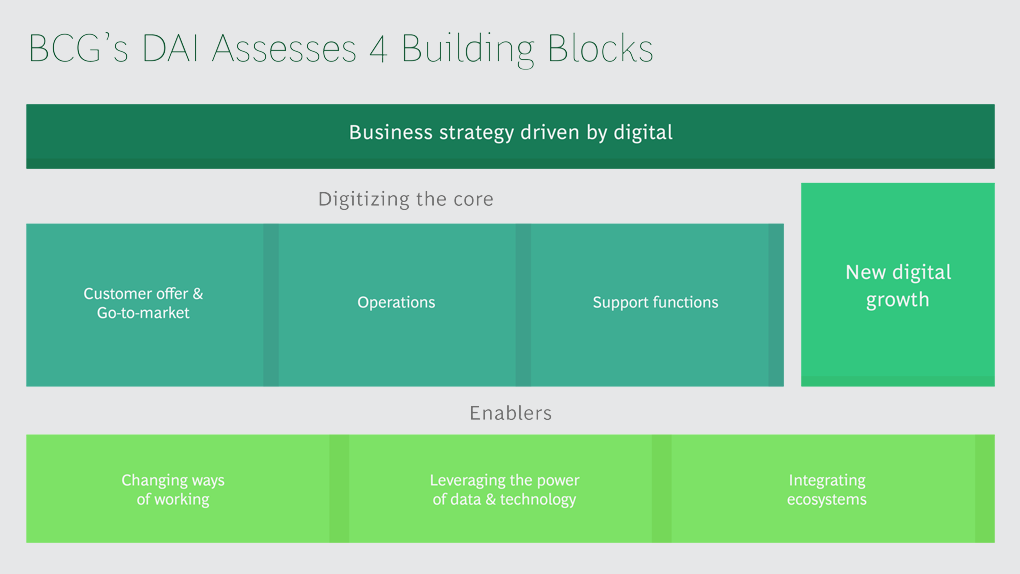
BCG Digital Acceleration Index
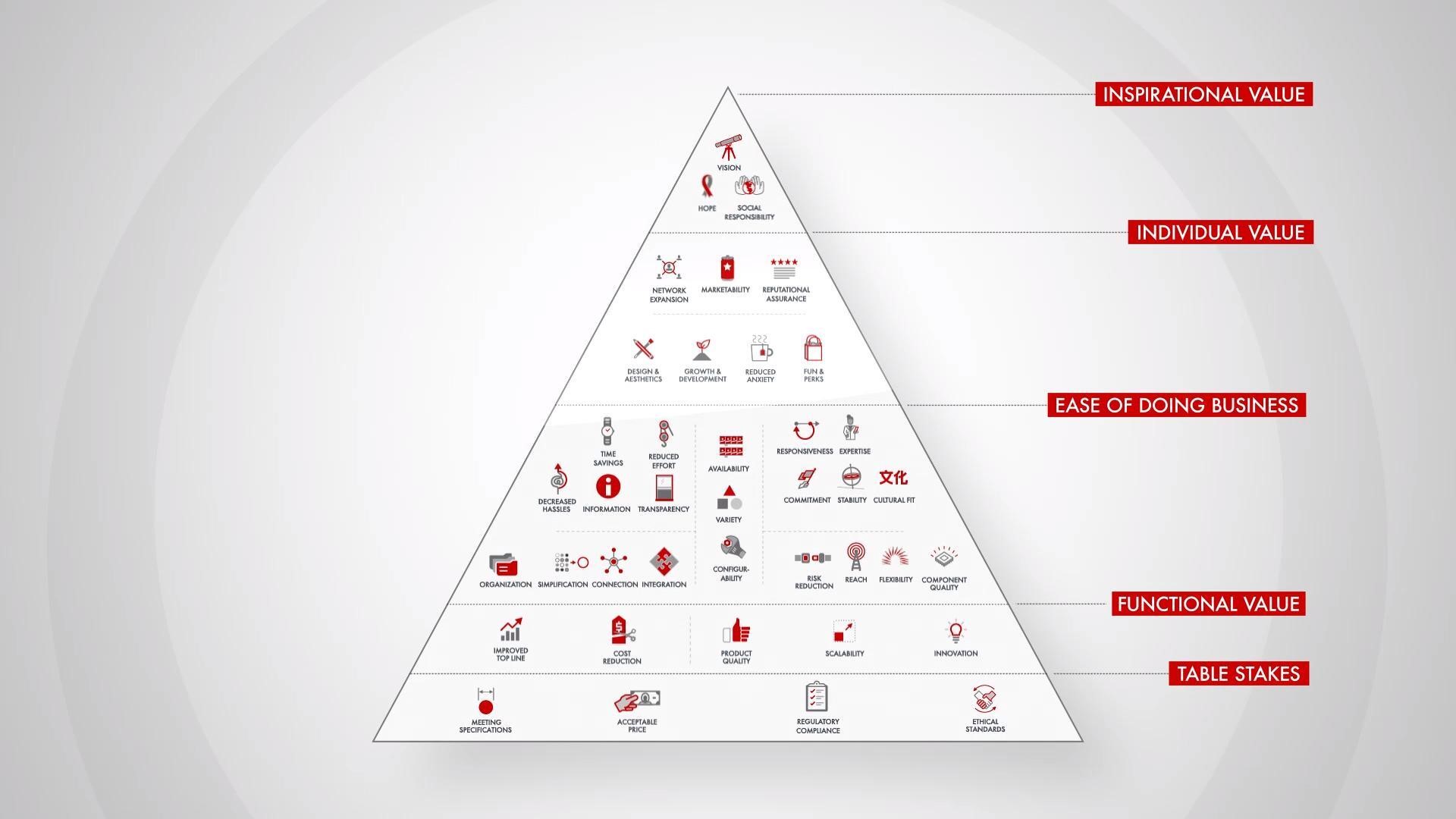
Bain’s Elements of Value Framework
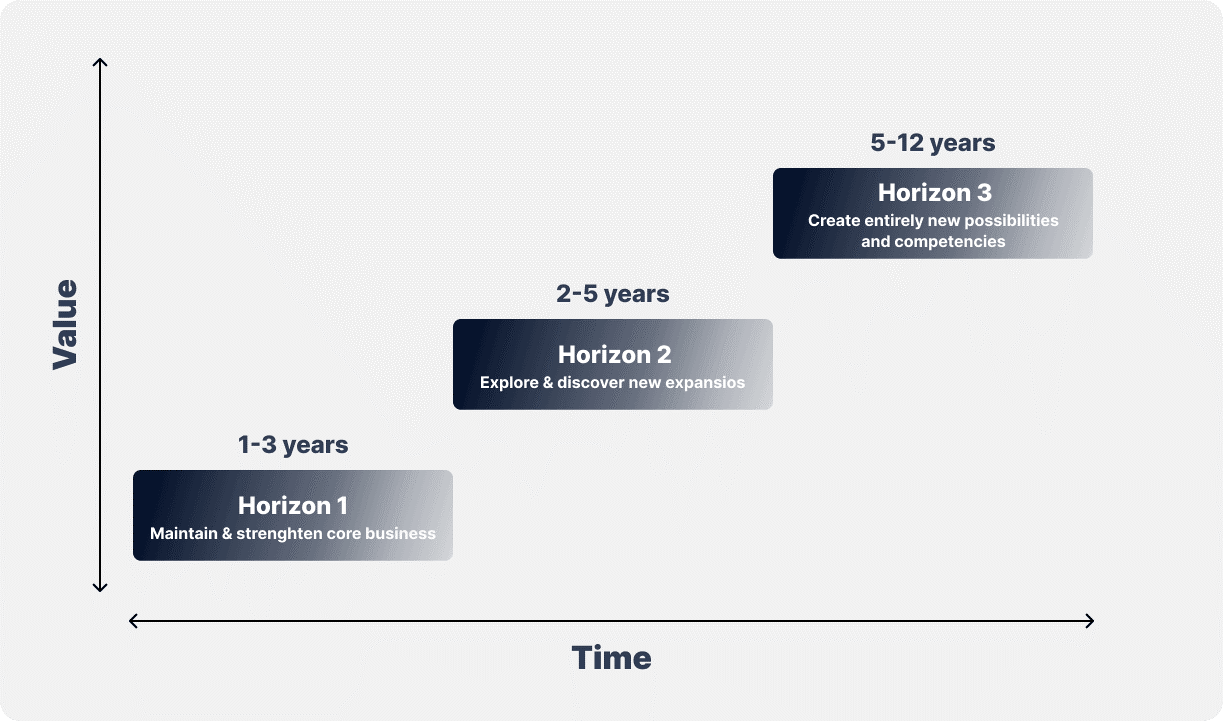
McKinsey Growth Pyramid
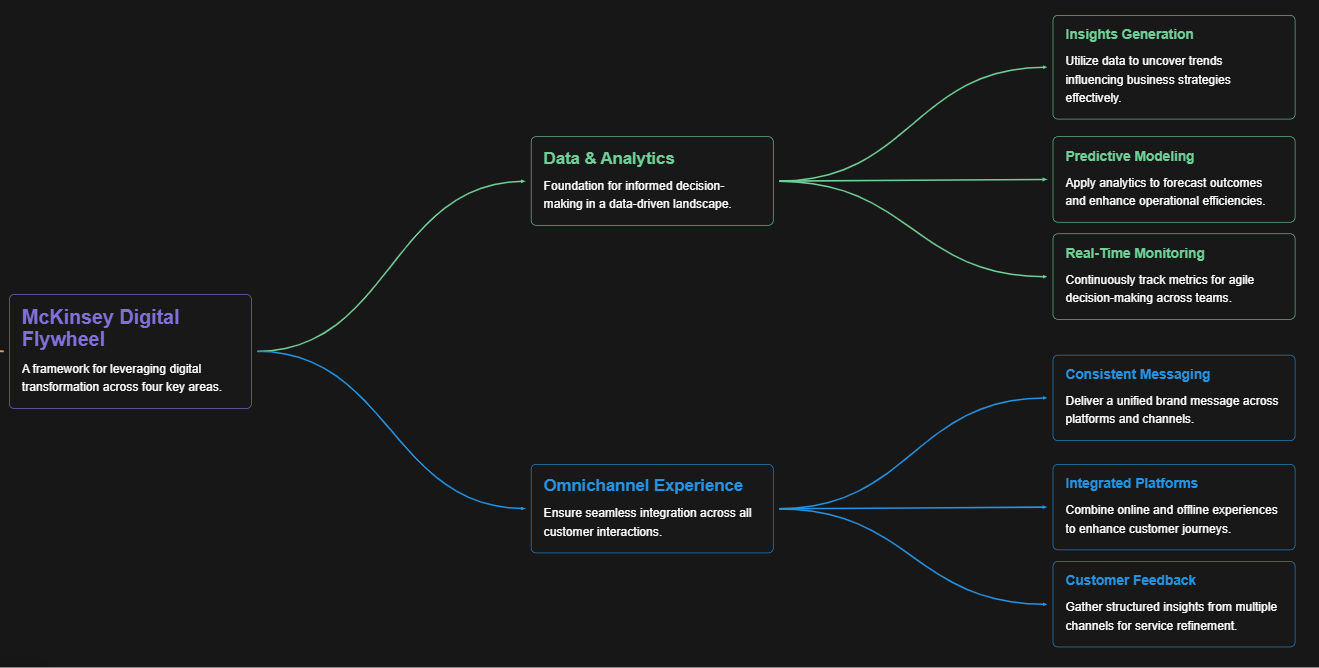
McKinsey Digital Flywheel
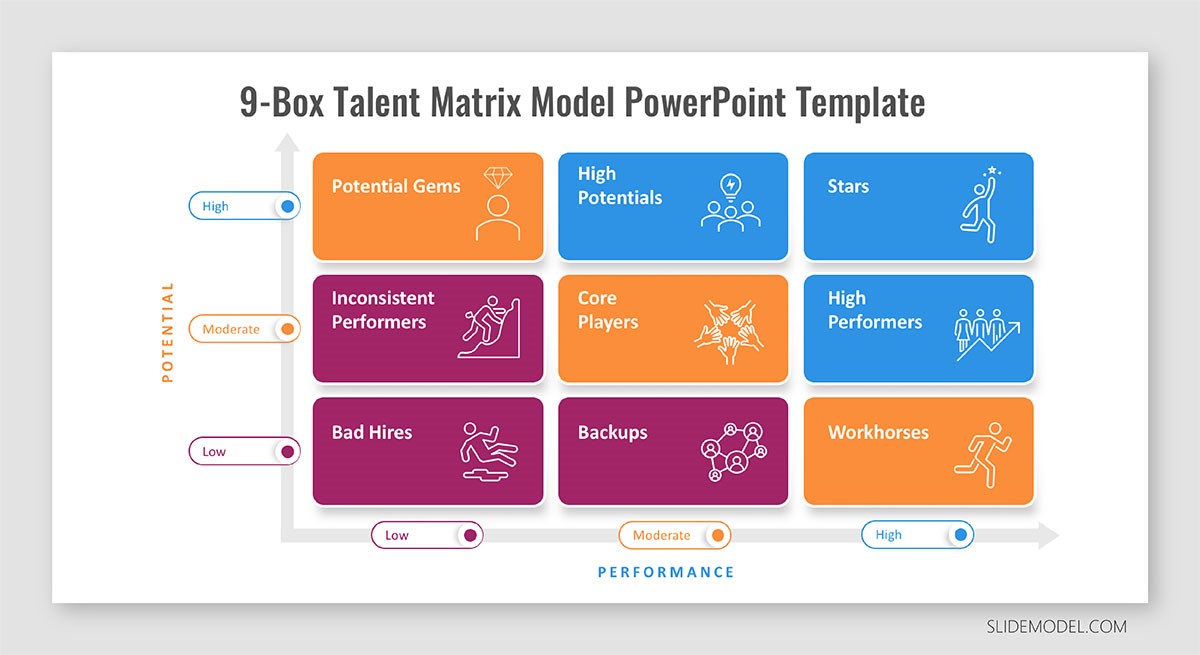
McKinsey 9-Box Talent Matrix
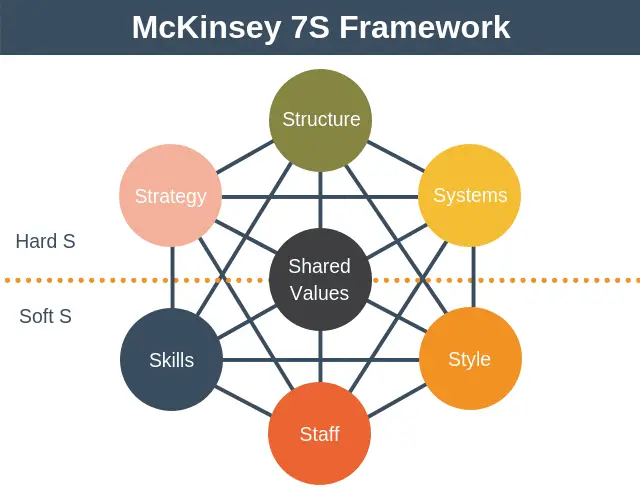
McKinsey 7S Framework
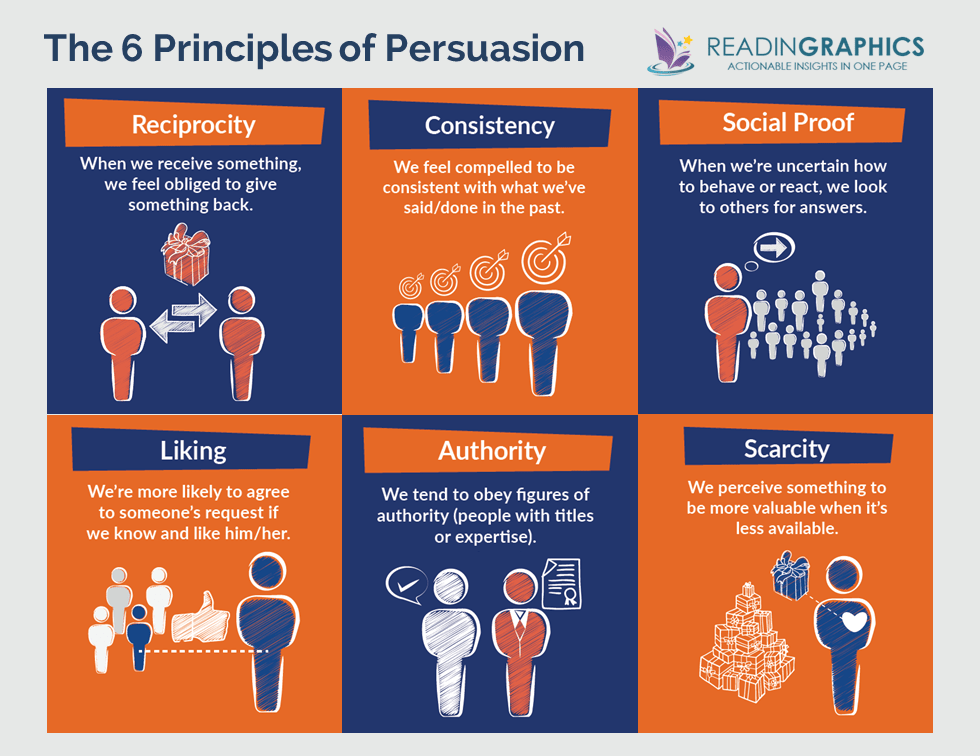
The Psychology of Persuasion in Marketing
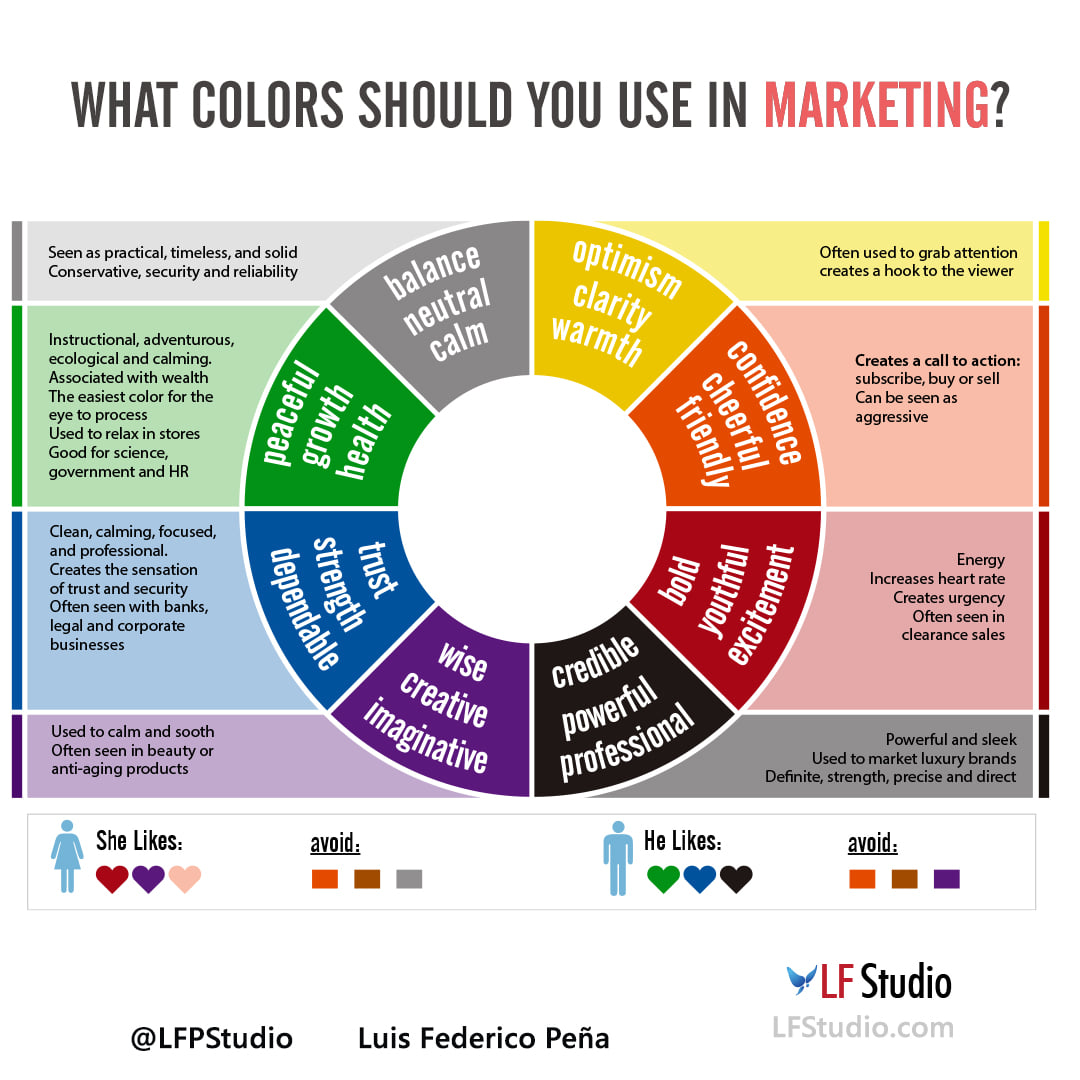
The Influence of Colors on Branding and Marketing Psychology





